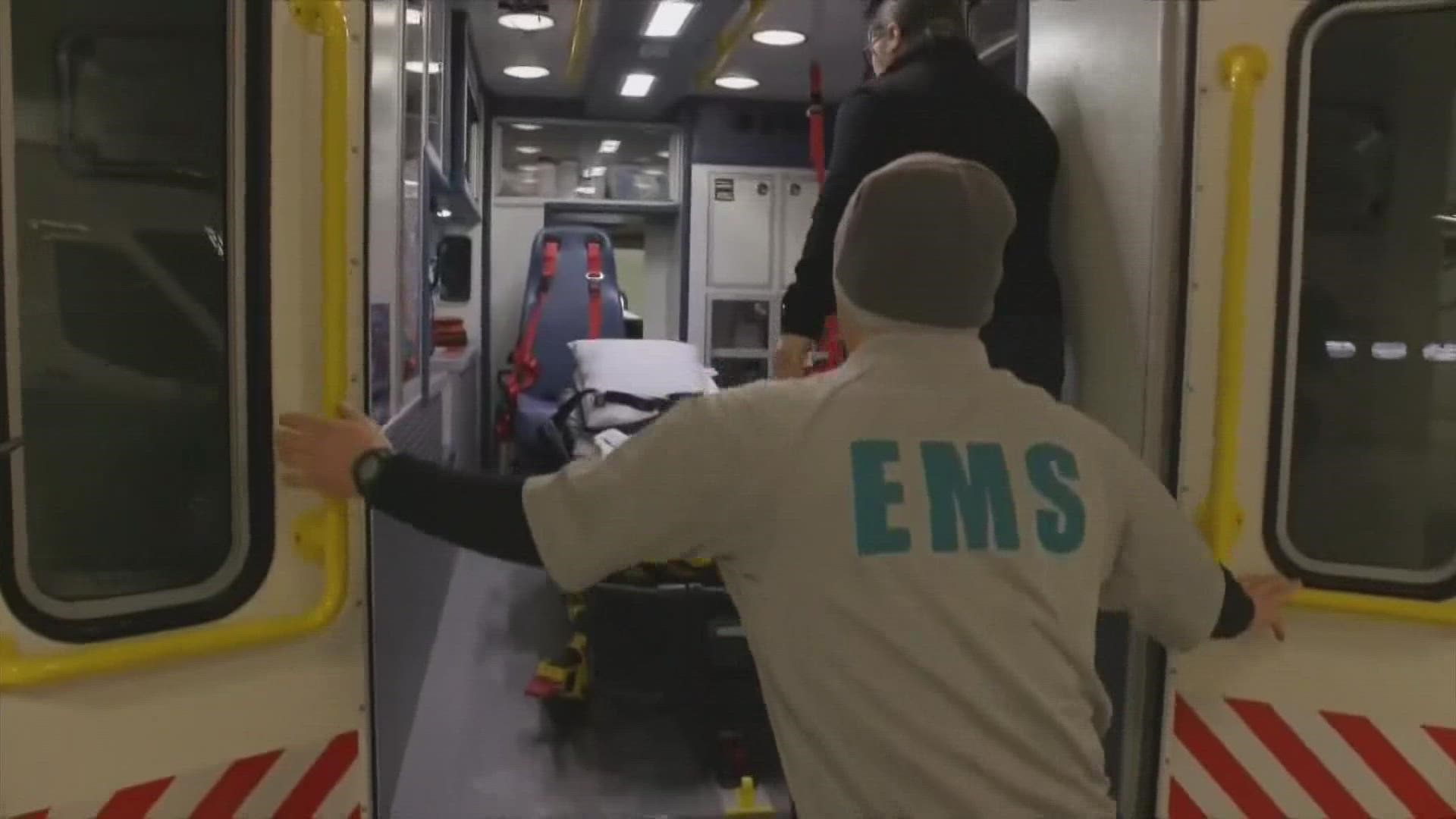MAINE, USA — Adding mental health services in emergency situations is the goal of new academic programs in Maine. The University of Maine at Augusta is offering two new online degree programs with a focus on mental and emotional well-being.
A 30-credit master of science program is being offered in trauma-informed emergency management. Kati Corlew, associate professor of psychology, is the coordinator for the program.
"If we're going to be organizing and managing different communities while they're experiencing trauma, we have to understand what they're going through in order to make our jobs more effective," Corlew said.
Corlew said the program goes through all the basics of emergency management training, whether it be for EMS personnel or for people who respond to natural disasters of any kind. What differentiates this program, however, is the component that focuses on mental, emotional, and psychological well-being for themselves and those they're helping.
"We need to be trauma-informed, both for the communities that we're working with for preparedness, for long-term recovery, but also for ourselves as professionals," Corlew said.
Corlew added roughly 80% of emergency management work starts with prevention. But she said it's about more than just helping people before or during a crisis.
"A number of people who experience trauma, they're going to have a longer-term mental health crisis as they're recovering from it," Corlew said.
Corlew said this is one of the only graduate programs that work from the trauma-informed perspective, which is why she believes it's already gaining international attention. She added it already has about a dozen students enrolled this summer, and they're still accepting applications.
The other new degree option is a 60-credit associate of science program in Community Policing. Noel March is the director of the Maine Community Policing Institute at UMaine at Augusta.
March said the program is a first of its kind, not just in Maine, but across the country. It starts this fall semester, and it will focus on fostering relationships between law enforcement and the community.
It covers the basics of law enforcement, along with, "coursework in homelessness, substance-use disorder, hate crimes, [and] how to build resilient communities," March said.
"This is a smarter, better, more forward-leaning way to address community safety," March said.
For more information about the trauma-informed emergency management program, click here.
For more information about the community policing program, click here.

